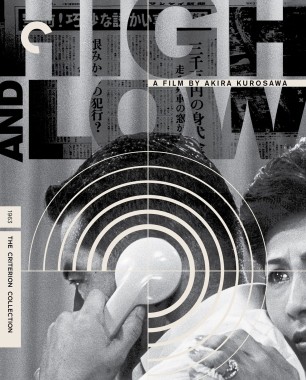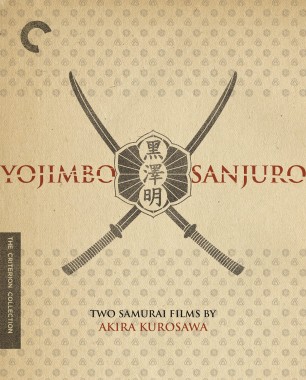Samurai I: Musashi Miyamoto

In the first part of the epic Samurai Trilogy, Toshiro Mifune thunders onto the screen as the iconic title character. When we meet him, Miyamoto is a wide-eyed romantic, dreaming of military glory in the civil war that is ravaging the seventeenth-century countryside. Twists of fate, however, turn him into a fugitive. But he is saved by a woman who loves him and a cunning priest who guides him to the samurai path. Though the opening installment of a series, this film, lushly photographed in color, stands on its own, and won an Academy Award for the best foreign-language film of 1955.
Available In

Cast
- Toshiro Mifune
- Takezo/Musashi Miyamoto
- Rentaro Mikuni
- Honiden Matahachi
- Kuroemon Onoe
- Takuan
- Kaoru Yachigusa
- Otsu
- Mariko Okada
- Akemi
- Mitsuko Mito
- Oko
- Eiko Miyoshi
- Osugi
- Akihiko Hirata
- Seijuro Yoshioka
- Kusuo Abe
- Temma Tsujikaze
Credits
- Director
- Hiroshi Inagaki
- Producer
- Kazuo Takimura
- Screenplay
- Tokuhei Wakao
- Screenplay
- Hiroshi Inagaki
- From Hideji Hojo’s adaptation of Musashi, by
- Eiji Yoshikawa
- Cinematography
- Jun Yasumoto
- Art direction
- Kisaku Ito
- Art direction
- Makoto Sono
- Lighting
- Shigeru Mori
- Sound
- Choshichiro Mikami
- Music
- Ikuma Dan




















